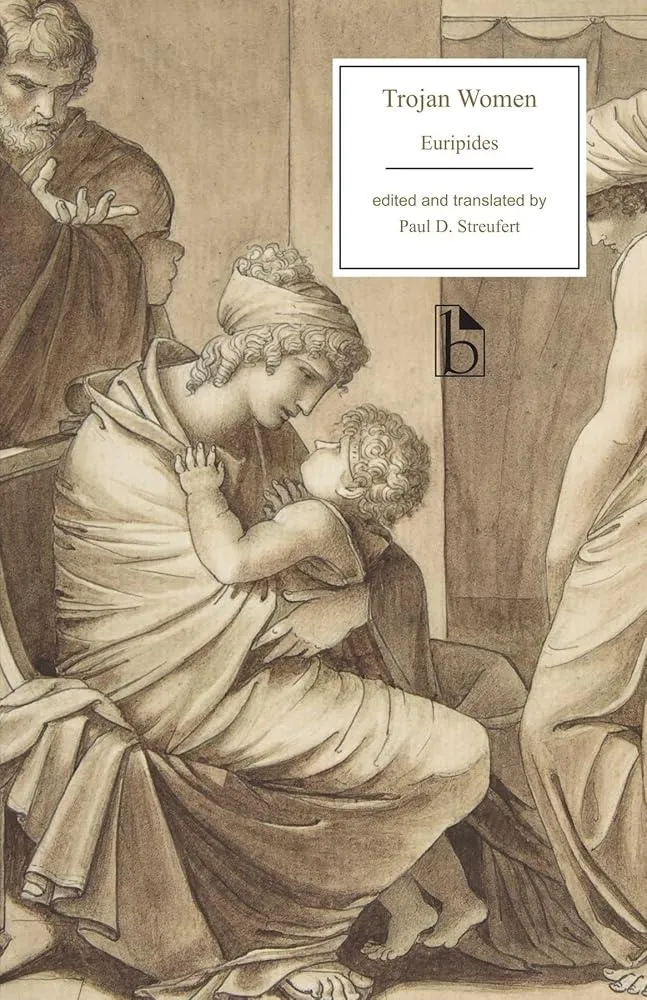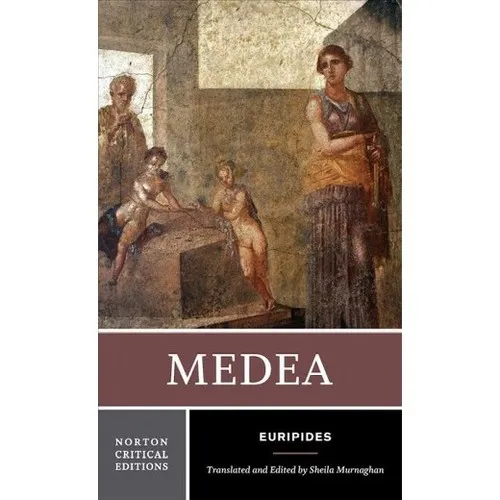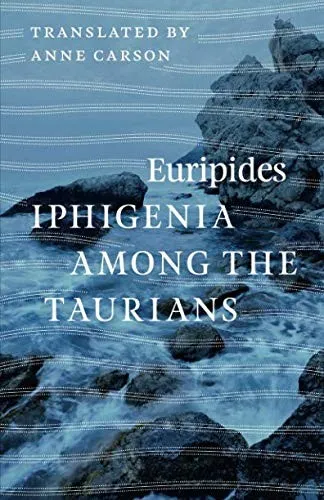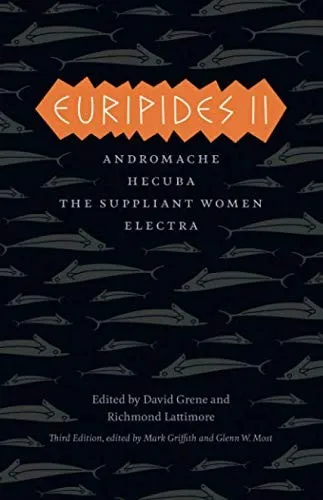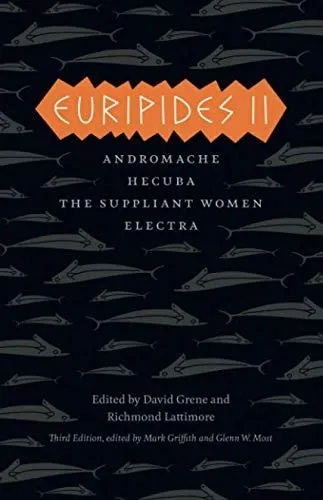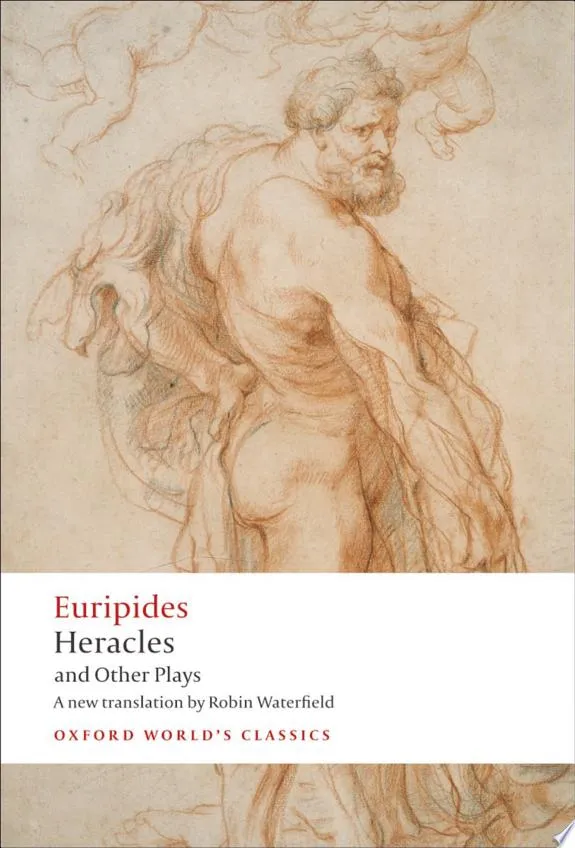
The first three plays in this volume are typical of Euripides, filled with violence or its threat, while the fourth, Cyclops, is a satyr play, full of crude and slapstick humour. Alcestis shows various reactions to death with pathos and grim humour while the blood-soaked Heracles portrays deep emotional pain and undeserved suffering. Children of Heracles deals with the effects of war on refugees and the consequences of sheltering them.
Euripides
Euripides was an ancient Greek tragedian born around 480 BC in Athens. He is known for his innovative and controversial plays that challenged traditional beliefs and societal norms. Some of his most notable works include "Medea," "The Bacchae," and "Electra."
Euripides' plays often featured strong female characters and explored themes of revenge, betrayal, and the complexities of human nature. His use of psychological depth and moral ambiguity set him apart from his contemporaries and influenced future playwrights.
Euripides made significant contributions to the development of Greek tragedy, incorporating elements of realism and focusing on the inner lives of his characters. His works continue to be studied and performed around the world, with "Medea" being his most famous and enduring play. Euripides' legacy as a master of tragedy and a pioneer of dramatic storytelling has had a lasting impact on the literary genre.
